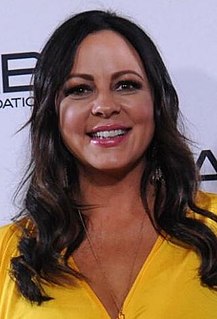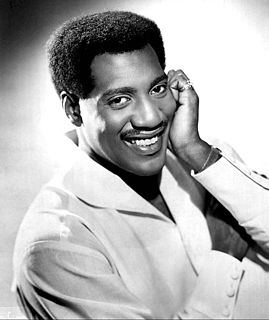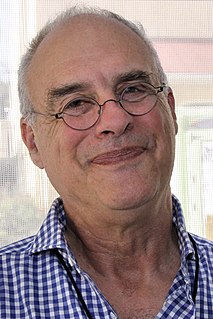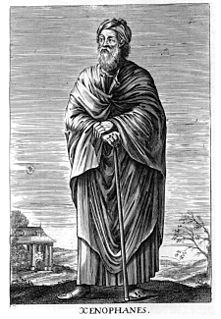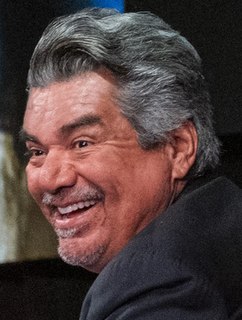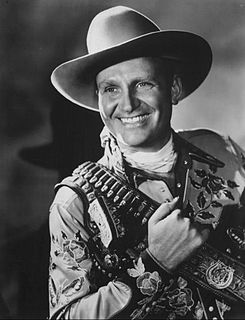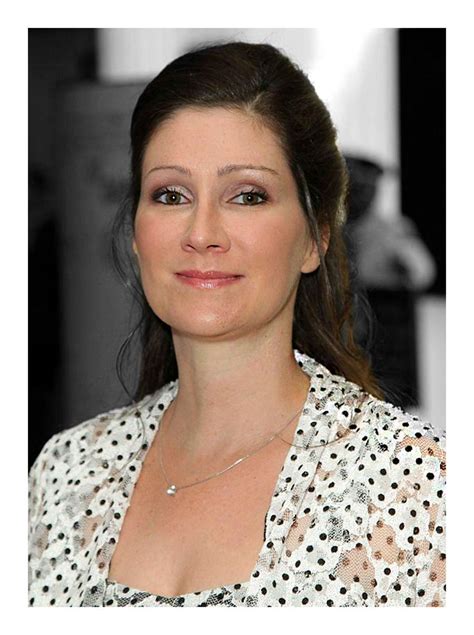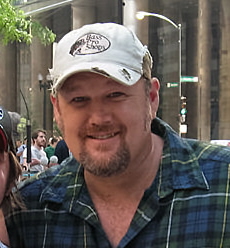A Quote by Sara Evans
We had about 400 acres, and I'm legitimately the true farm kid. We raised wheat, corn, soy beans. We hauled hay, cattle, hogs, horses.
Related Quotes
I was 12 when I ordered my first guitar out of the worn and discolored pages of the Sears and Roebuck catalog. The story that I bought it on the installment plan is untrue, the invention of a Hollywood press agent. Local color. I paid cash, $8, money I had saved as a hired hand on my uncle Calvin's farm, baling and stacking hay. Prairie hay, used as feed for the cattle in winter. It was mean work for a wiry boy, but ambition made me strong.
Sometimes I think that if I had to choose between an ear of corn or making love to a woman, I'd choose the corn. Not that I wouldn't love to have a final roll in the hay - I am a man yet, and something never die - but the thought of those sweet kernels bursting between my teeth sure sets my mouth to watering. It's fantasy, I know that. Neither will happen. I just like to weight the options, as though I were standing in front of Solomon: a final roll in the hay or an ear of corn. What a wonderful dilemma. Sometimes I substitute an apple for the corn.
When I was little, we lived on 8 acres and my mom had a horse. But when I was 7, my mom kicked my dad out, and then in order to feed us five kids, she got critters cheap or for free and raised them for food. We milked a cow, raised chickens, pigs and beef cattle. We heated our one-story house with wood and stayed cold all winter.
